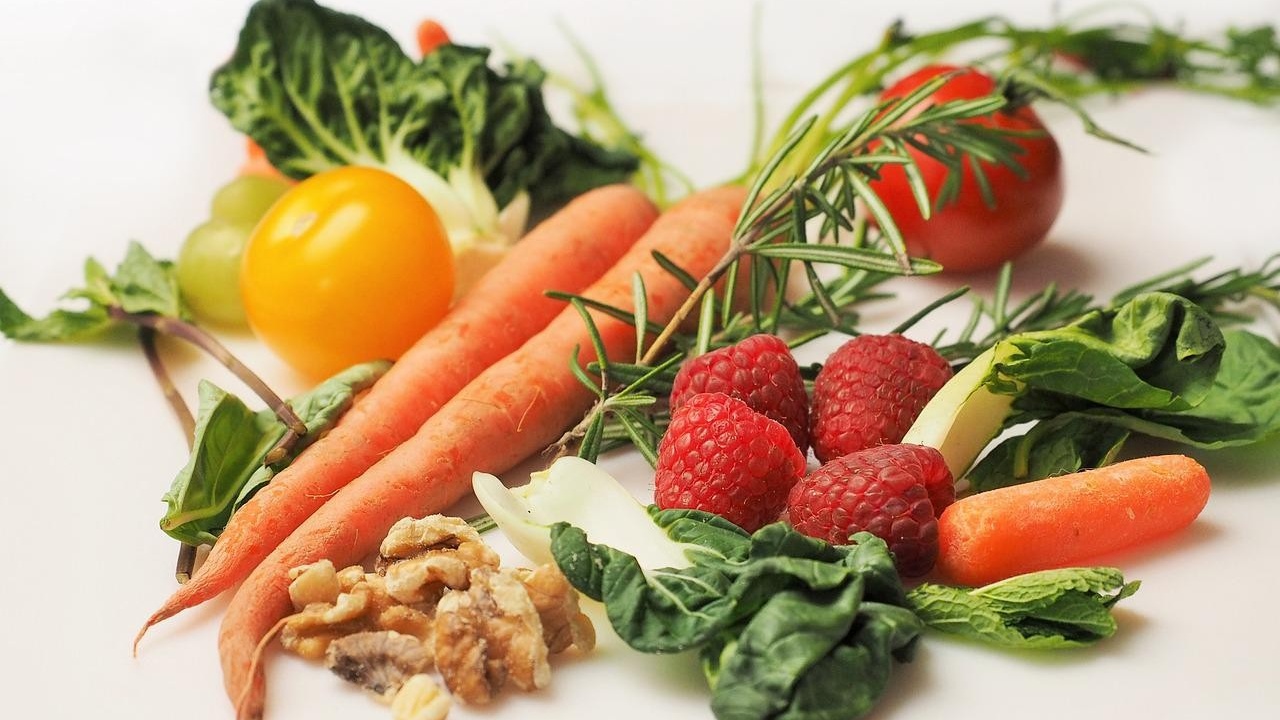
The Vegan Diet: A Few Benefits and Some Real Limitations
A vegan meal can be very healthy. Vegetables are necessary and so good for you; they’re the best!
But for some nutrients – zinc, B12, protein, D, omega 3s, and iron – the best sources are animal proteins.
The Issue of Quality Vitamins and Supplements
Most vitamins are synthetic and made in a laboratory. Centrum, a multivitamin many trust, is made by the drug company Pfizer. How they make vitamins are "industry secrets." Synthetic B-vitamins are made from coal tar and other unsavory things.
If a vitamin is made from real food, those items will be listed on the label.
Dogs fed a diet of synthetic B-vitamins suffered neuromuscular degeneration and early death (Dr. Agnes Fay Morgan’s studies).
The problem with synthetic vitamins is that they’re too focused. Meaning, our bodies are meant to digest and assimilate nutrients in their natural state. The natural state of real food is a mixture of several elements: fats, vitamin compounds, and fiber, for example.
You may have heard the news story from a few years back about how "Vitamin C is Bad For You"? That's based on a study on Ascorbic Acid. Ascorbic Acid is NOT the same as Vitamin C. Vitamin C in nature is a compound full of bioflavanoids and phytochemicals that help it absorb. Synthetic Vitamin C, aka "Ascorbic Acid," is just that. An acid.
You can think of it like your car - a synthetic vitamin is like stomping hard on the gas pedal. You just can't drive like that all the time. Vitamins in their natural form help your body last longer.
Many long-standing vegans and vegetarians will argue that all those nutrients are found in plants. But for our bodies we want the “best source” for those nutrients not just “any source.” Some things are more bioavailable and easily absorbed in some forms than in others.
Some commonly seen vitamin deficiencies in vegans (and to some extent vegetarians) are vitamin D; zinc; iron; DHA Omega 3 (so essential for brain health); and B12.
Vegans are more likely to suffer from bone fractures and and bone loss than vegetarians or omnivores.
Vitamin D can be optimized from the sun, but during the winter months it may become problematic. Zinc and vitamin D deficiencies could result in immune system or endocrine problems.
If we think about human evolution, and how humans grew in strength and basically took over the world, there are no traditional cultures that are vegan. Vegan eating is a really new concept for the human body, and one that I don’t think will sustain the test of time.
Think about this: it takes protein to make a human body. So, if you’re wishing to procreate in your future, you may end up needing animal protein and fats. Eating many vegetables does help with fertility – when combined with a balance of healthy fats and proteins.
Many people say they feel better after switching to a vegan diet which I don’t doubt.
If your diet has included a lot of processed or poor-quality animal proteins like fast food or most restaurant food, you probably are better off with a vegan diet…until you’re not.
Switching to vegan usually coincides with other changes: cooking more at home with higher quality ingredients and more vegetables. A vegan diet can be very healthy…for a while. Eventually, depending on your level of activity or stress, you will want to add some quality animal proteins back in or you will start to show signs of depletion of zinc, protein, iron, vitamin D, omega 3s, and B12.

That being said, it’s also very possible to eat a wide range of junk food and still be eating vegan. Hey, Oreos and Fritos are vegan!
Actually, I was a vegetarian for 5 years. Eventually, the fatigue was out of control. And I was craving meat. When I eventually caved and had a hamburger, I actually felt great.
If you hate the taste of meat, you may have a zinc deficiency. A zinc deficiency could be from several things, eating too much sugar is one of them.
The ethical reasons for not eating meat I understand. I believe that animals do deserve a peaceful life and respect.
“Modern farming,” with crowded feedlots and feeding animals medication to fatten them up is an abomination.
A lot of ranching practices, especially in the US, are unethical and unhealthy for sure. Cows are fed corn which makes them very sick. Chickens and pigs do not fare much better. They’re pent up, abused, given drugs, and then killed. I do recommend avoiding conventional meat and instead opting for grass-fed beef, free-range and soy-free chicken and eggs, and raw milk and dairy.
With some forethought, you can avoid conventional meats. Most people live within a reasonable distance to ethical farmers who raise free-range chickens and grass-fed and grazed cows. Or buffalo! Or you can go fishing. Or raise your own chickens. There are options.

Signs it’s time to add some quality animal proteins back in:
- fatigue – not enough energy to optimally function
- sudden weight loss or gain
- unexpected hormone changes (you need dietary fats to synthesize hormones)
- moodiness (from iron and B-deficiency)
Some ideas, to start adding some vital nutrients back in:
- quality, food-based supplements
- whey protein protein powder
- free-range, soy-free eggs
- bone broth to eat plain or to cook with
Don't miss a beat!
New moves, motivation, and classes delivered to your inbox.
We hate SPAM. We will never sell your information, for any reason.
